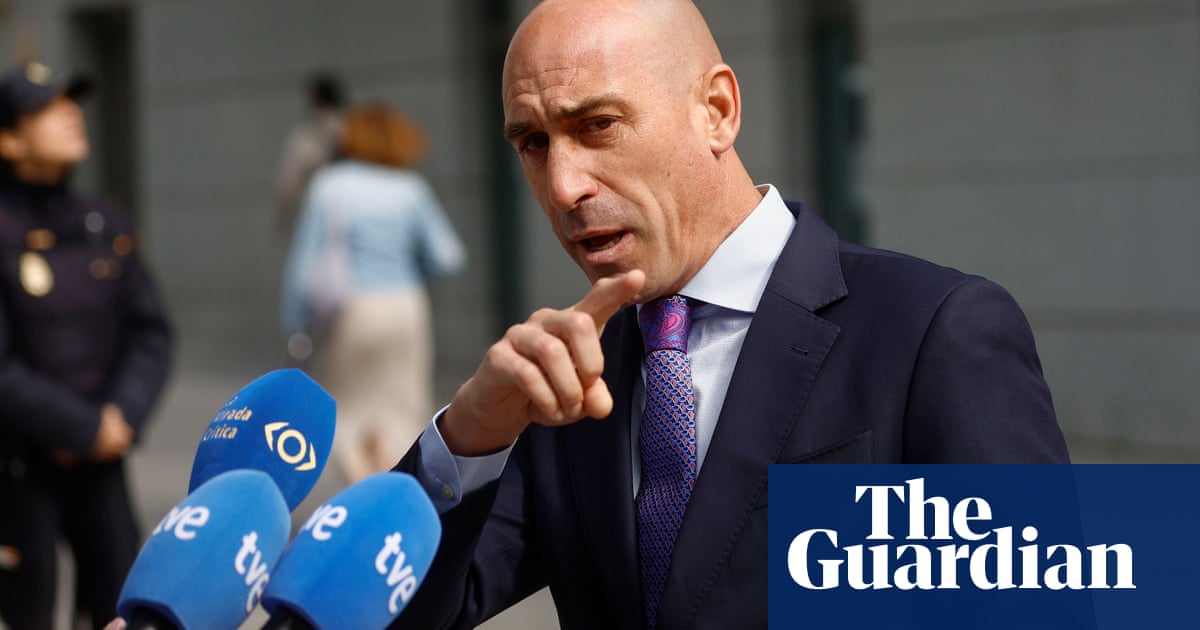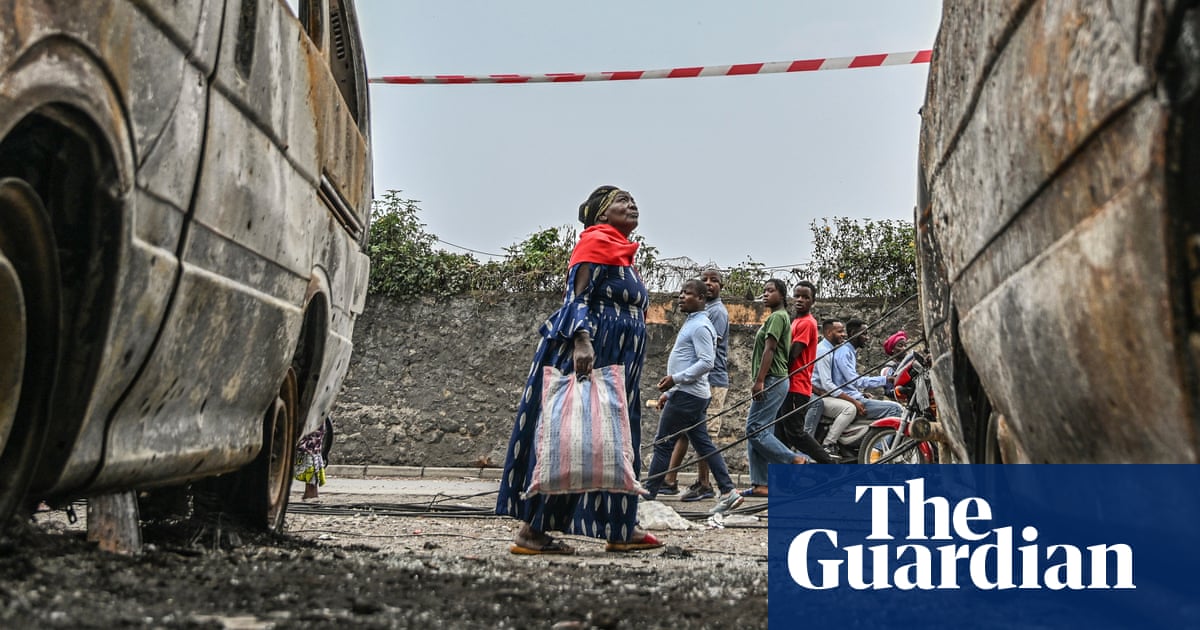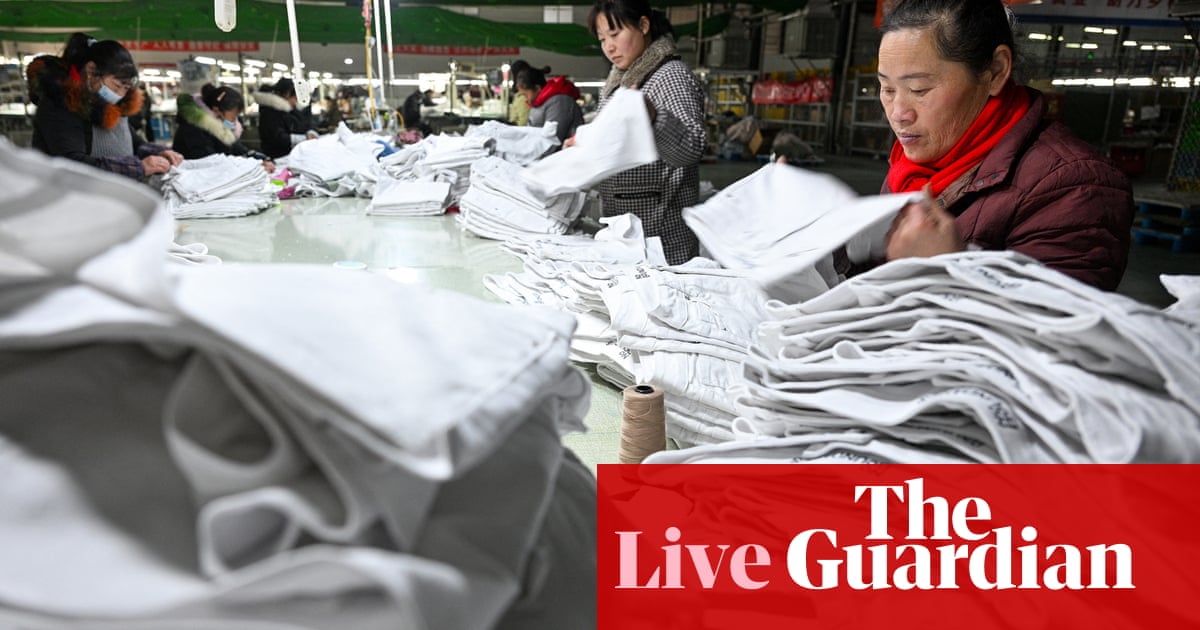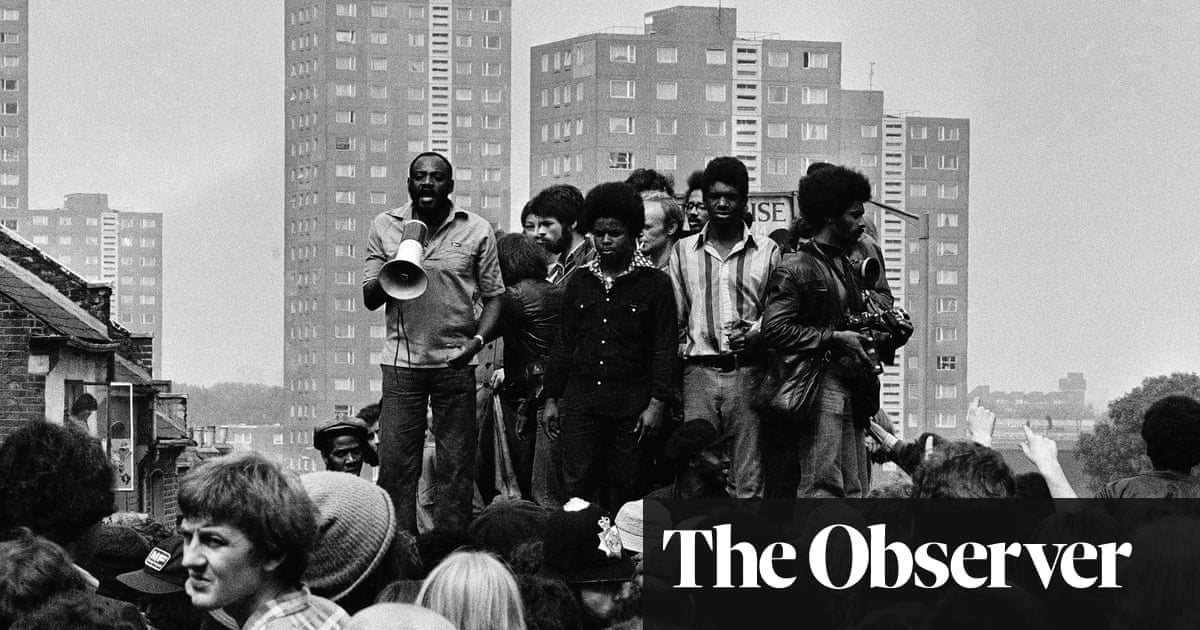Five Salvadorian environmental defenders who were exonerated of bogus civil war charges will face retrial this week amid growing evidence of political interference.
Miguel Ángel Gámez, Alejandro Laínez García, Pedro Antonio Rivas Laínez, Antonio Pacheco and Saúl Agustín Rivas Ortega, were acquitted in October over the alleged killing of an army informant in 1989. The court in Cabañas in northern El Salvador ruled that the state had failed to prove a crime had taken place, or that the defendants, former leftwing guerrilla fighters, were linked to any wrongdoing.
The defendants, who were at the forefront of a 13-year grassroots-led campaign to ban metal mining, were arrested in January 2023 amid warnings that President Nayib Bukele was planning to overturn the historic 2017 law.
The environmental leaders, who are all over 60 and suffer from a range of chronic medical issues, spent nearly two gruelling years fighting the charges, including nine months in which they were held in overcrowded prisons.
But their celebrations were short-lived. The attorney general, a close political ally of Bukele, successfully appealed the verdict in early December and the men face a retrial on the same charges of murder and illicit association.
The state cannot introduce new evidence or witnesses at the retrial, which opens on Monday 3 February. But in an unusual move, the appeals court judges ordered the new trial – and any future appeals – to take place in San Vicente, a different jurisdiction, where the court’s presiding magistrate was appointed during Bukele’s first term.
In late December, the mining ban the five men had campaigned for was overturned after 57 of Bukele’s allies in the 60-seat legislature voted for the president’s legislation. The move came as a new poll by the Central American University (UCA) found that almost two-thirds (61%) of Salvadorians oppose a return to mining.
Last week, hundreds of leading human rights, environmental and faith-based organizations, and academics and lawyers released a letter calling on Bukele to drop the “politically motivated charges” against the five environmental leaders, and reinstate the mining ban.
“We always suspected that the prosecution of the Santa Marta environmental leaders was politically motivated – and that it would lead to a miscarriage of justice. The government’s success in overturning the innocent verdict and overturning the mining ban shows that our suspicions were correct,” said Pedro Cabezas, coordinator of the Central American Alliance Against Mining.
The mining ban was passed unanimously by lawmakers in March 2017 amid mounting concern about the densely populated Central American country’s dwindling water resources.
after newsletter promotion
Bukele’s interest in mining is part of a broader effort to promote and secure international investment for industries that include bitcoin, tourism and fossil fuel exploration – which critics warn risk exacerbating forced displacement, social conflict, economic inequality, and land and water shortages.
Since sweeping to power in 2019, Bukele and his allies have adopted authoritarian crackdowns on gangs, human rights organizations and political opponents, alongside steps to “effectively co-opt democratic institutions”, replacing independent judges, prosecutors and officials with political allies, according to Human Rights Watch.
Mary Lawlor, the UN special rapporteur on human rights defenders, said: “This appears to be a case of retaliation for human rights activism. Given the new context, with the government reopening the country to mining, the trial is even more significant. I’m hoping the court will send a strong message, upholding the right to defend rights, which is going to be vital in the months ahead in El Salvador.”
The five environmental activists are among more than 70,000 people detained since Bukele declared a state of emergency and suspended basic rights after a surge in gang violence in March 2022.
“To completely ignore science and the vocal opposition of a wide range of Salvadoran civil society and communities is unconscionable, undemocratic and puts people’s lives at risk,” said Caren Weisbart of Common Frontiers, a Canada-based international solidarity group. “El Salvador’s new mining law is a major step backward in the country’s efforts to prioritize environmental protection.”

 3 hours ago
1
3 hours ago
1













































